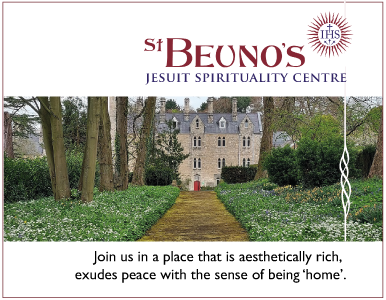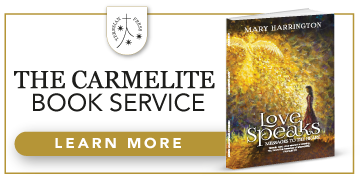Sorry, no records were found. Please adjust your search criteria and try again.
Sorry, unable to load the Maps API.
The Bishop of Shrewsbury has urged the Catholics of his diocese to resist moves in Parliament to legalise assisted suicide.
In a pastoral letter that was read out at all Masses last Sunday (13 October), the Right Reverend Mark Davies warned the faithful that the forthcoming Bill on “assisted dying” – a euphemism for assisted suicide or euthanasia – threatens “a momentous change to society in both its care and attitude to the sick and the aged”.
In his letter, Bishop Davies predicts dire consequences if Parliament chooses a “dark and sinister path” towards a society in which the medical profession will be asked to assist in the killing of their patients.
He has urged everyone “not to delay” in taking “urgent action” by contacting their MPs “to express opposition to this dangerous proposal and to urge that greater support and resources be given to end of life, palliative care”.
“As we see populations ageing across western countries with a diminished number of younger people to support them, this is an especially dangerous moment for politicians to open the door to euthanasia: the medical killing of the sick, the disabled and the elderly,” Bishop Davies said.
“We already hear of a social duty to end our lives when we become a burden to others. This is not the kind of society in which we would wish to grow old or become vulnerable. If medical professionals, now sworn to protect the lives of patients, become those who assist in killing and suicide, how will our relationship change to those we look to for help and care? This is, indeed, a dark and sinister path on which we could be embarking before Christmas 2024.”
The pastoral letter was in response to the announcement by Kim Leadbeater, the Labour MP for Spen Valley, West Yorkshire, that today (16 October) she will introduce a Private Member’s Bill to legalise “assisted dying” into the House of Commons.
Called “Choice at the End of Life”, the Bill will receive a Second Reading, in which MPs can vote with their conscience on the Bill, on 29 November.
Already, a group of more than 50 MPs are pushing for broader access to assisted suicide. They say people who are suffering “incurably” should be able to ask for lethal drugs to take their own lives along with those who have terminal illnesses.
In jurisdictions where this has been allowed, people with mental health illnesses, such as anorexia, post-traumatic stress disorder and autism, have been killed at the hands of their doctors.
Sir Keir Starmer, the Prime Minister, promised an assisted suicide Bill ahead of the general election in July and is expected to give the Bill time to proceed into law if the House of Commons votes in favour.
29 November will be the first time MPs will be given a free vote on assisted suicide since 2015 when a Bill introduced by Labour MP Rob Marris was rejected by 330 votes to 118.
At present the 1961 Suicide Act makes assisting a suicide punishable by up to 14 years in prison, though prosecutions and jail sentences are extremely rare.
Bishop Davies concluded his Letter with a plea for legislators to respect the sanctity of human life at all stage.
“Let us pray that a decisive rejection of the proposal being placed before Parliament will lead society to affirm the value of human life anew, by devoting ourselves more generously to the support of the aged; to the relief of suffering and to truly assisting those at the end of their lives.
“I ask you not to delay in contacting your Member of Parliament,“ said Bishop Davies.
![]()
The Bishops’ Conference of England and Wales has also offered resources to Catholics to help them to combat the threat of assisted suicide and euthanasia.




































